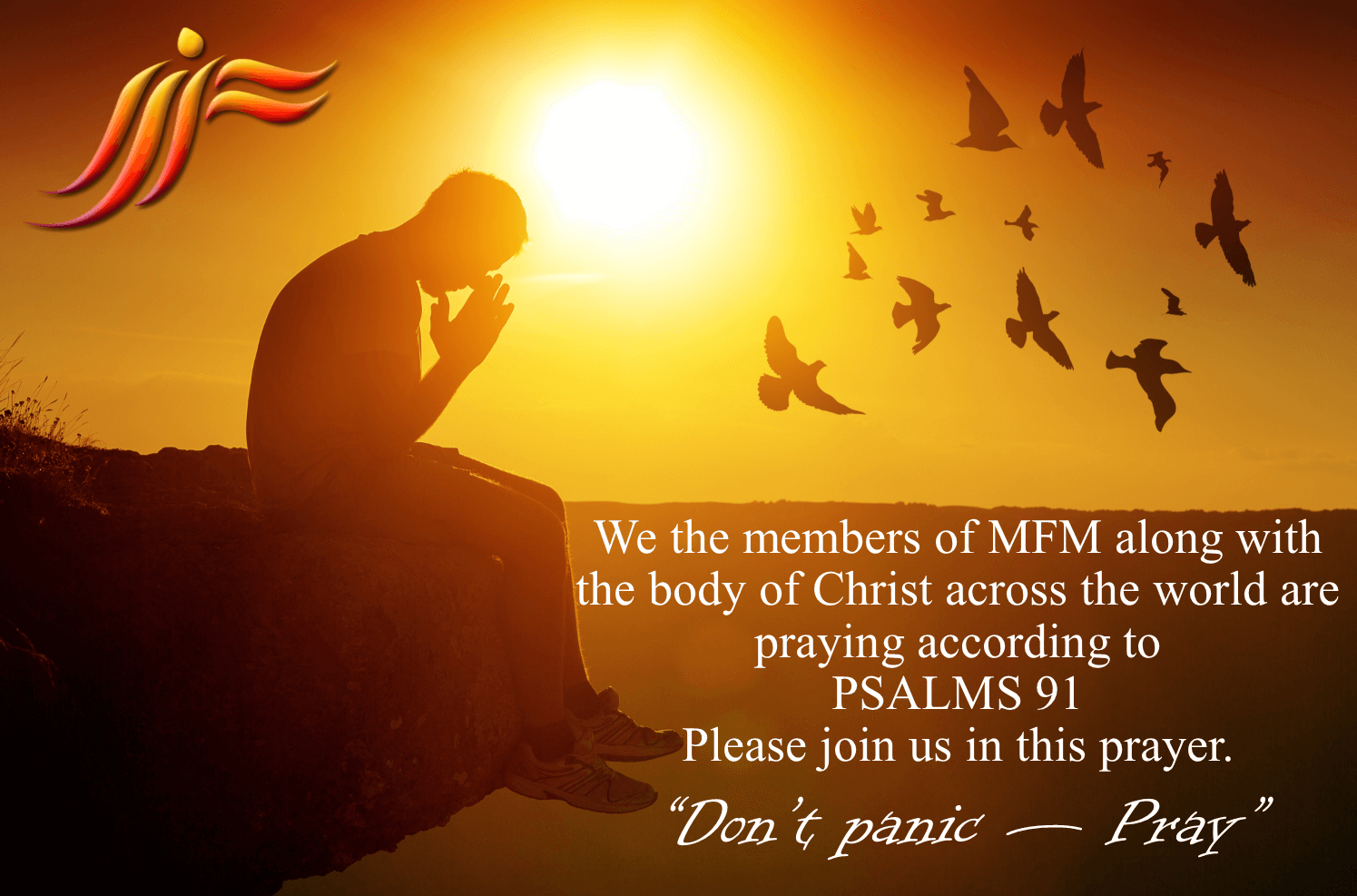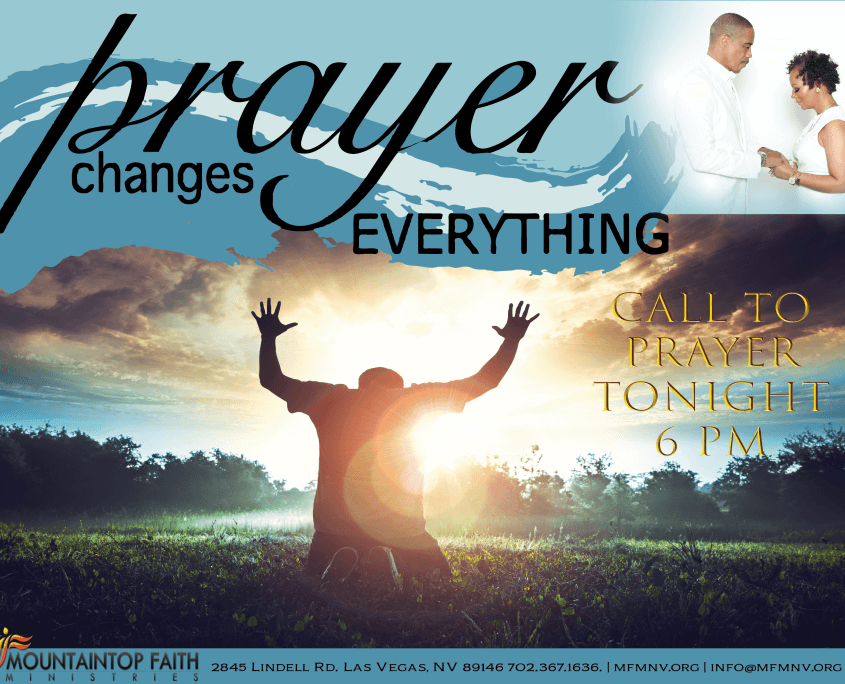Communion Sunday
/in Past Events/by Andrea SolidThis Sunday at 9 am, we will take communion together as a church family online.
If you are able, please get some grape juice and crackers, if not, feel free to use what you already have in your home to partake in this time of communion with us.
No matter what is in your cup, keep in mind what it represents: Jesus’ blood shed for us.

Legacy Empowerment Session

While there have only been a handful of presumptively confirmed cases in Nevada, we are taking precautionary measures to ensure a safe place to gather and worship at MFM. Until the virus is contained, MFM will implement the additional safety measures while our weekly services continue.
ILLNESS:
If you are ill, please enjoy the service online. This will ensure that you recover more quickly and do not pass on an illness to others. You can go to mfmnv.org for information on streaming.
COMMON AREAS:
Doors and surfaces in common areas and the bathrooms will be wiped down more frequently. Additionally, more hand sanitizer dispensers will be installed in the common areas.
GREETINGS & PRAYER:
To minimize contact with other congregants, MFM volunteers will replace the customary handshake or hug, with a friendly verbal greeting.
During greeting time in services, you should greet one another with smiles and waves instead of handshakes.
During prayer, we will not link hands but may, instead, place our hands on each other’s shoulders or elbows.
OFFERING:
We recommend that you give online at mfmnv.org or by using MFM’s mobile app or text-to-give to reduce the potential spread of viruses through handling money; however, we are still accepting checks and cash.
KIDS & YOUTH AREAS:
We will wipe down all surfaces and toys with an appropriate disinfectant more frequently.
As always, we ask that you do not bring your children to services or Kingdom Kids if they are sick.
PREVENTION:
We strongly encourage you to become educated on the coronavirus by visiting the Center for Disease Control’s (CDC) website or the Southern Nevada Health District’s website. (A notice from the CDC is attached for your convenience.)
Here are some basic preventative measures:
- Avoid close contact with people who are sick.
- Avoid touching your eyes, nose, and mouth.
- Stay home when you are sick.
- Cover your cough or sneeze with a tissue, then throw the tissue away and immediately wash your hands.
- Clean and disinfect frequently touched objects and surfaces using a regular household cleaning spray or wipe.
- Wash your hands often with soap and water for at least 20 seconds. If soap and water are not readily available, use an alcohol-based hand sanitizer with at least 60% alcohol.
Let’s pray for those negatively affected by the virus and work together to prevent its spread.
Sincerely,
Pastor Clinton House
LOCATION
2845 Lindell Rd
Las Vegas NV 89146
SUNDAYS
A Time of Prayer 9:00 am (on campus) 1st Sundays (Feb-Oct) Worship Service On-Campus & Online 10 am PST
WEDNESDAYS
Bible Study with Pastor Clinton HouseCheck schedule for services
CONTACT
Phone: (702) 367-1636
Fax: (702) 367-4008
LOCATION
2845 Lindell Rd
Las Vegas NV 89146
CONTACT
Phone: (702) 367-1636
Fax: (702) 367-4008
SUNDAYS
A Time of Prayer 9:00 am (on campus) 1st Sundays (Feb-Oct)
Worship Service On-Campus & Online 10 am PST
WEDNESDAYS
Bible Study with Pastor Clinton House
Concluded for 2025 Check schedule for special services
















